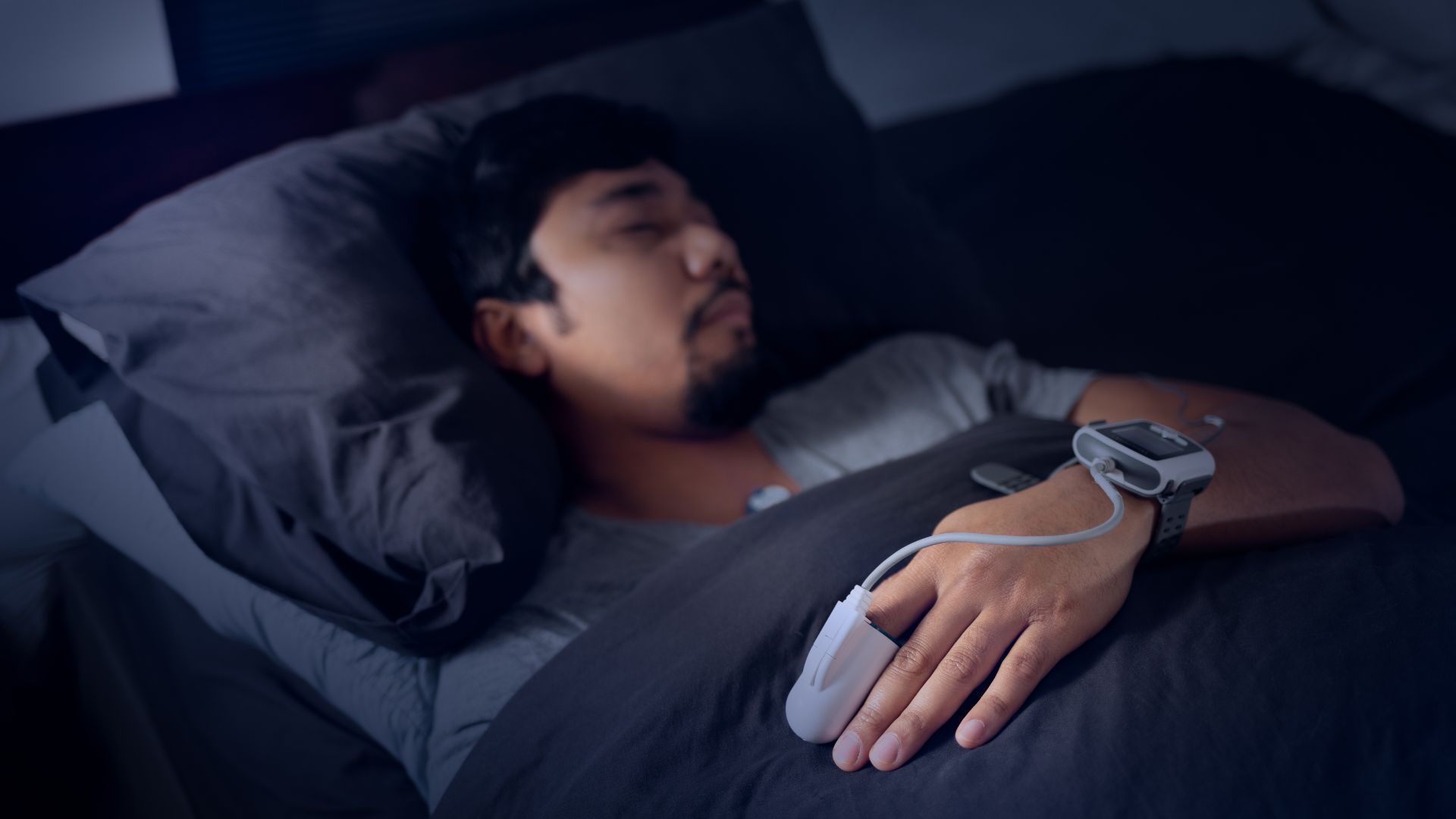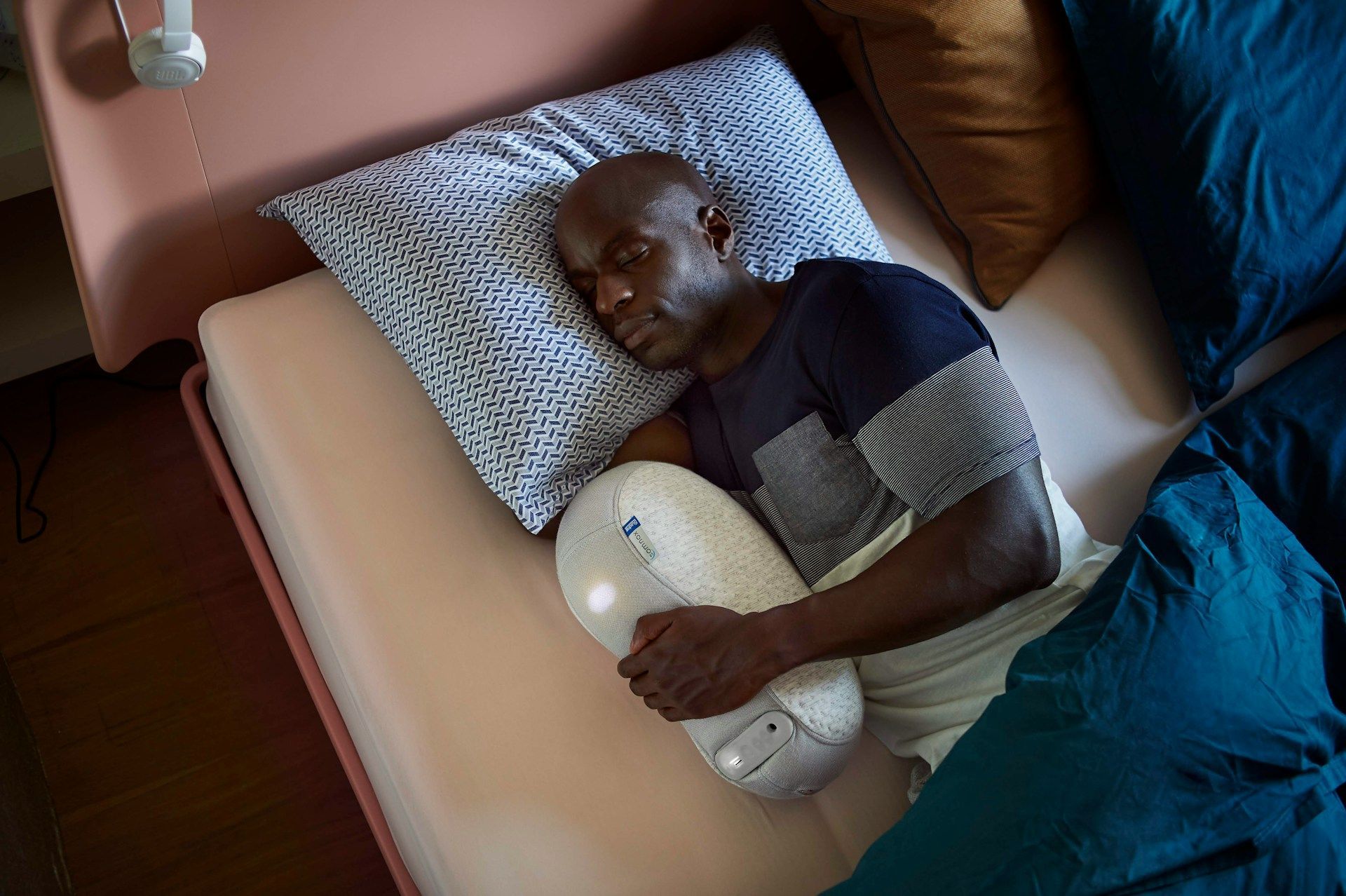The Relationship Between Sleep Apnea and Weight Gain: How They Affect Each Other

Sleep apnea and weight gain are interconnected health issues that can have significant implications for an individual's overall well-being and quality of life. Sleep Advantage, a sleep apnea treatment center in Arlington, WA, understands the importance of addressing this relationship and assisting patients who struggle with snoring or are CPAP intolerant.
In this comprehensive blog post, we will examine the complex connection between sleep apnea and weight gain, investigating how these health concerns reinforce each other and exploring potential consequences for those affected. Furthermore, we will provide actionable strategies for achieving healthier sleep and weight management, helping individuals break the cycle of sleep apnea and weight gain to promote better overall health.
The Relationship Between Sleep Apnea and Weight Gain: How They Affect Each Other
Sleep apnea and weight gain are intertwined health concerns that can significantly impact an individual's well-being and overall quality of life. To effectively address this challenge, it is crucial to understand the connection between these issues and adopt proactive strategies for improving both sleep and weight management. In this blog post, we explore the complex relationship between sleep apnea and weight gain, discuss the potential health risks, and offer actionable strategies to break the cycle.
Biological Mechanisms Linking Sleep Apnea and Weight Gain
Several biological mechanisms can explain the connection between sleep apnea and weight gain, including the following:
- Hormonal Imbalances: Sleep is essential for regulating various hormones that control appetite and metabolism. Sleep apnea can disrupt this balance, leading to increased levels of the hunger hormone, ghrelin, and decreased levels of the satiety hormone, leptin. This hormonal imbalance promotes overeating and weight gain.
- Fatigue and Inactivity: Individuals with sleep apnea often experience daytime fatigue due to interrupted sleep. This fatigue can lead to decreased physical activity, which contributes to weight gain and a sedentary lifestyle.
- Increased Caloric Intake: Sleep-deprived individuals may consume more calories to combat low energy levels, further contributing to weight gain.
- Metabolic Changes: Studies suggest that chronic sleep deprivation, a common symptom of sleep apnea, could lead to a slower metabolism, making it more difficult to maintain or lose weight.
Potential Health Risks
In addition to impacting an individual's quality of life, the relationship between sleep apnea and weight gain can result in several negative health consequences:
- Exacerbated Sleep Apnea Symptoms: Weight gain, particularly in the upper body and neck area, can worsen sleep apnea symptoms by increasing the likelihood of airway obstruction during sleep.
- Increased Risk of Cardiovascular Disease: Both sleep apnea and weight gain independently contribute to an increased risk of developing cardiovascular issues such as hypertension, heart attack, and stroke.
- Development of Type 2 Diabetes: Weight gain and sleep apnea are both risk factors for the development of insulin resistance and type 2 diabetes.
- Compromised Mental Health: The combination of poor sleep quality and weight gain can negatively impact mental health, leading to anxiety, depression, and decreased self-esteem.
Strategies for Managing Sleep Apnea and Weight Gain
Individuals can effectively address the relationship between sleep apnea and weight gain by implementing the following strategies:
- Seek Appropriate Sleep Apnea Treatment
Consulting with a sleep specialist to determine the most suitable treatment for sleep apnea can improve sleep quality and alleviate related symptoms. Appropriate treatment may include continuous positive airway pressure (CPAP) therapy, oral appliances, positional therapy, or various lifestyle changes. - Develop a Balanced, Nutrient-Rich Diet
A well-rounded, nutritious diet plays a significant role in weight management and overall health. Focus on incorporating a variety of whole, natural foods, such as fruits, vegetables, lean proteins, and whole grains. Avoid excessive consumption of processed foods, added sugars, and unhealthy fats. - Engage in Regular Physical Activity
Daily physical activity can help individuals shed excess weight, alleviate sleep apnea symptoms, and maintain a healthier lifestyle. Aim to incorporate at least 30 minutes of moderate-intensity exercise, such as brisk walking, swimming, or cycling, into your daily routine. Consider seeking professional guidance or joining a fitness group to stay motivated and accountable. - Establish a Consistent Sleep Schedule
Creating a consistent sleep schedule can help regulate internal circadian rhythms and improve sleep quality. Going to bed and waking up at the same time every day, even on weekends, allows the body to establish a healthy sleep pattern. - Practice Stress-Relief Techniques
Effective stress management is crucial in addressing the challenges related to sleep apnea and weight gain. Incorporate relaxation techniques, such as deep breathing exercises, progressive muscle relaxation, or mindfulness meditation, to reduce stress and promote a greater sense of well-being.
Conclusion
Sleep apnea, a condition characterized by repeated pauses in breathing during sleep, can not only disrupt an individual's sleep quality but also contribute to weight gain. This weight gain, in turn, can exacerbate sleep apnea symptoms, creating a challenging and vicious cycle. To effectively address this cycle, individuals must understand the connection between sleep apnea and weight gain and take a proactive approach to improving both sleep and weight management.
By understanding the complex connection between sleep apnea and weight gain, individuals can take proactive steps to improve their sleep and weight management, ultimately promoting a healthier, more balanced lifestyle. Sleep Advantage is committed to assisting patients struggling with sleep apnea and obesity, offering support, resources, and evidence-based strategies for overcoming these intertwined health concerns and achieving a greater sense of well-being. Contact our Arlington sleep center for more information on this topic!










